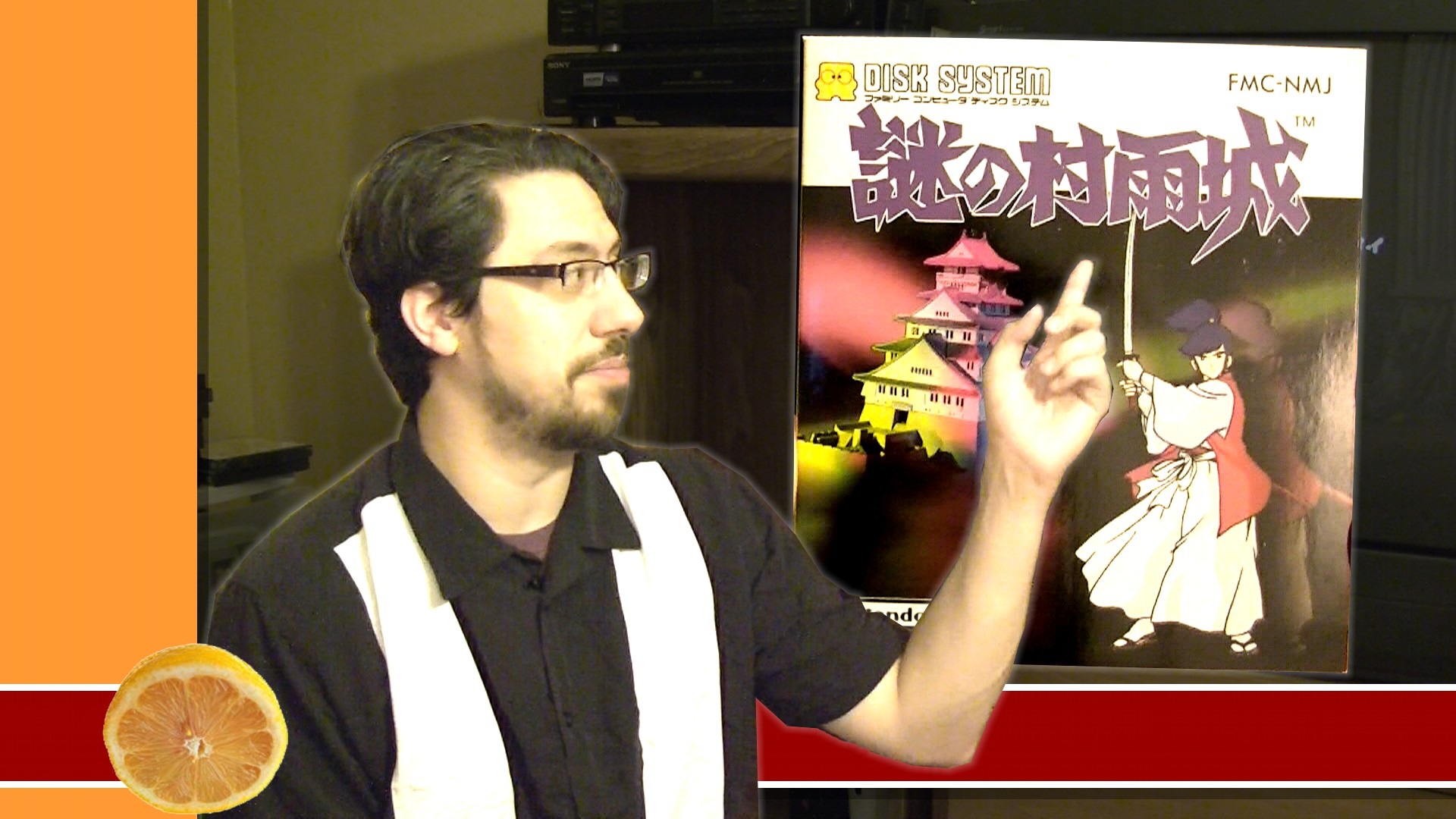Microsoft Attempts to Corner Used Games Market with Xbox One
by Sean "TheOrange" Corse, filed in Games, News on May.22, 2013
Watching the Xbox One unveiling, one could be forgiven for thinking that Microsoft doesn’t seem to see itself as a games publisher, or the Xbox One as a gaming console. During the event, Microsoft made a big deal about how the company wanted to change the way gamers related to their TVs, but said nothing about wanting to change their relationship with game retailers as well.
It is passing strange that Microsoft is working so hard to lock down access to their games on the secondary market, when little has been announced to make Xbox One games stand apart from its next-gen competitors — or even the previous generation — to warrant such a paradigm shift.
There was no announced 4k or 8k television support; all three next-generation consoles are locked into the 1080p HD spec.
The Kinect is far more sensitive (and mandatory) than the original Xbox 360 peripheral, but apart from demonstrating how it can recognize your voice to log into your GamerTag, navigate the system menu, and switch between apps, nothing was said regarding how it would change the way people would play actual games.
Call of Duty: Ghosts has realistic dirt-under-fingernails graphics and bruise physics, but is it enough to make a game disc worthless immediately after you’ve opened it?
Wired got the scoop confirming rumors that the Xbox One will make installation of games to the hard drive mandatory. We made an educated guess on the Famicom Dojo podcast that this would be a mechanism by which Microsoft could restrict used games. Wired (and later Kotaku) confirmed this as well: new games will come with a code that needs to be authenticated against the Xbox Live service to authorize play.
Other GamerTags on the same console can access the game, similar to how Xbox Live Arcade games work on the Xbox 360, but (also like XBLA) if you install the game on another console you can only play it while the original GamerTag is present. That is, unless the owner of the other system is willing to pay full retail price for their own authorization key.
Microsoft also revealed to Kotaku after the unveiling that reselling your game license (and perhaps the disc itself) is possible through the Xbox Live, but did not give any details. Presumably this will be the only way to get a discounted price on a “used” game, as the price through Xbox Live seems like it will always be the MSRP.
The immediate effect is that there is no value to the disc itself, so reselling outside of Microsoft’s official channels becomes infeasible. Who would pay even one penny for the disc if they still have to pay full retail price for an installation key? That in turn will completely collapse the secondary market, leaving large resellers like GameStop completely out of the loop. While it’s possible that Microsoft has cut a deal with such companies to participate in this little-explained reseller program, without details this can only remain in the realm of speculation.
(It’s worth noting that in light of the Xbox One announcements today, Sony stock jumped almost 10%, and GameStop stock dropped over 5%.)
What effects will this have on a market where consumers sell their games to fund the purchase of new ones? What about game rentals; will there be a licensing scheme for indefinite rental services such as GameFly?
Over the long term, this leads to the likelihood that the Xbox One will be valueless as a collector’s item unless Microsoft tiers its pricing structures, or phases out particular titles as part of the authorization process over the life of the console. Even then, there will come a time when Microsoft’s servers are shut down. No “new” game can be authorized for play, and the games that are programmed to use Windows Azure services will cease to function at all. Oh yes, and if you saved any of your own game data on the cloud, that will be gone forever too.
Perhaps a way out is that the x86 CPU architecture has been around for a very long time, and future consoles and games could be indefinitely compatible with it. That means your games and authorizations can stay with you from console to console, in which case Microsoft positioning itself as more of a gaming services company rather than a console manufacturer or games publisher might pay off.
Until then, the market should bear out of this is a good business move. After all, they have at least one competitor (and probably two) not doing any such thing with their games.
Should Microsoft have included this news directly as part of the Xbox One reveal? Will you be getting a console anyway? Will you be investing in a PS4 or Wii U instead? Leave your comments below!


 PS3
PS3
 Famicom Dojo
Famicom Dojo KEEP PLAYING
KEEP PLAYING KEEP PLAYING: Rewind
KEEP PLAYING: Rewind Powet Toys
Powet Toys Powetcast
Powetcast Hitchhiker's Guide POWETcast
Hitchhiker's Guide POWETcast















